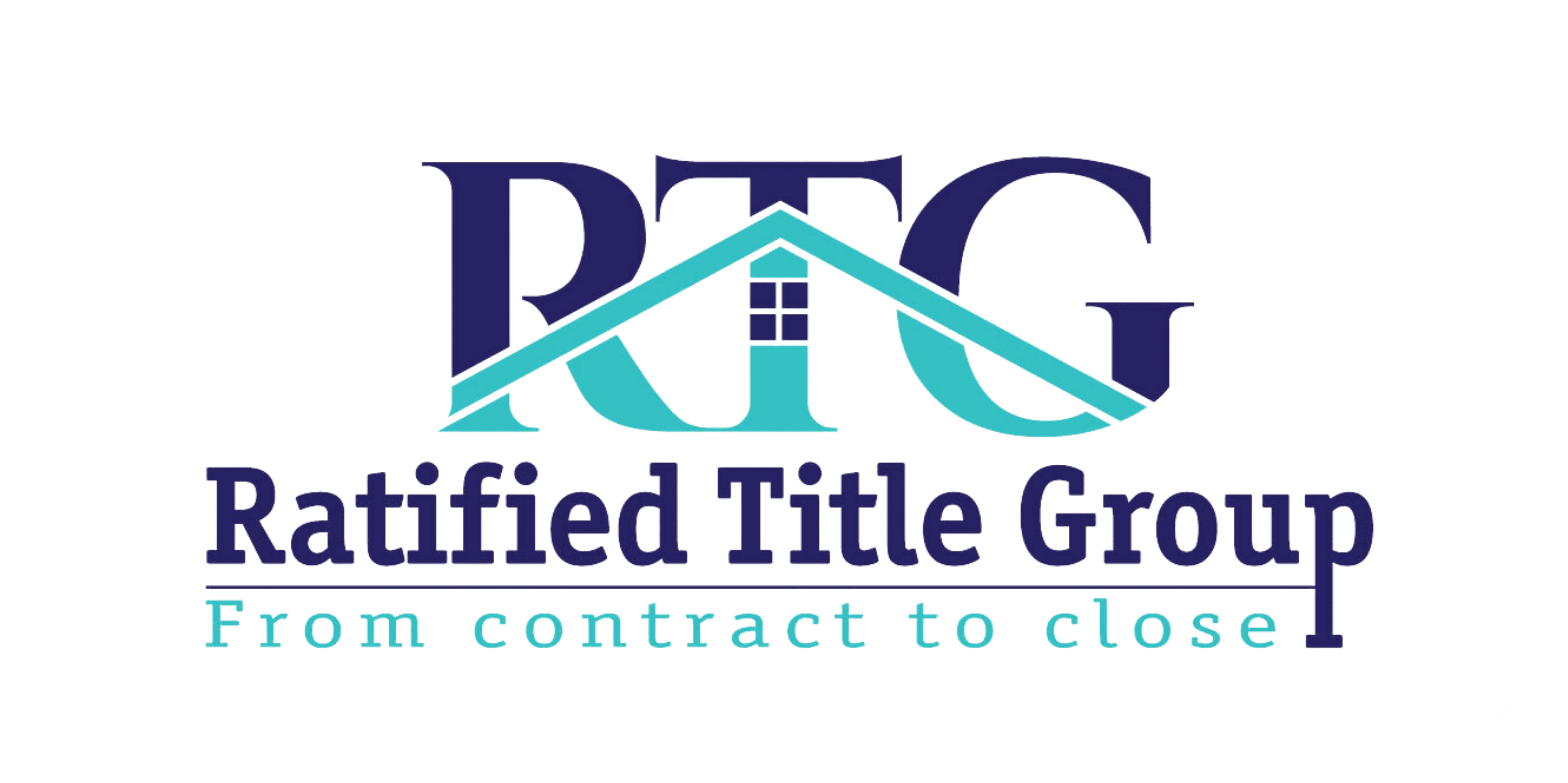Calculating closing costs is a key step in the home buying process, particularly in Richmond, Virginia, where specific local fees can influence the overall cost of a property. Understanding these expenses can help you prepare better and prevent any unexpected financial surprises. In this guide, we’ll break down the essential steps to accurately calculate your closing costs and make the home buying experience smoother and more transparent.
1. Understanding What Closing Costs Entail
Closing costs encompass a variety of fees and expenses associated with the purchase of a home, and understanding them is essential for any buyer. These costs can vary significantly based on the property’s location, the loan type, and even the specific negotiating terms between the buyer and seller. Common closing costs include lender fees, title insurance, inspection fees, and prepaid property taxes, among others. It’s crucial to familiarize yourself with each component to avoid surprises at the closing table.
Additionally, it’s important to realize that while some costs are fixed, others may be negotiable. Knowing what each cost covers will give you a clearer picture of how much you’ll need to budget. Having this knowledge can significantly impact your financial strategy when purchasing a home and help ensure you’re not caught off guard.
2. Reviewing the Purchase Agreement
The purchase agreement serves as the blueprint for your home purchase, outlining the terms and conditions of the sale. This document is essential not only for understanding the price of the home but also for recognizing the closing costs associated with your purchase. As you review the purchase agreement, take note of any clauses that reference closing costs, including commissions or fees that may be passed on to you.
Furthermore, it’s advisable to clarify any ambiguities with your real estate agent or attorney. They can help you identify which costs are typical versus those that may appear as surprises. A thorough review can ensure that you’re prepared for what lies ahead and can accurately calculate the closing costs tied to your new home.
3. Identifying Local Fees and Taxes
In Richmond, Virginia, local fees and taxes can play a significant role in shaping your closing costs. Among them, you’ll find things like transfer taxes, which are imposed by the government when property ownership changes hands. Understanding these local nuances can make a big difference in your final calculation of closing costs.
It’s also wise to check if any homeowner association (HOA) fees exist if you’re buying in a community governed by such an organization. These fees can vary widely, and they typically cover shared amenities and services. By carefully identifying and factoring in these local fees, you can gain a clearer picture of your financial obligations.
4. Calculating Title Insurance Costs
Title insurance is a protection policy that covers unforeseen issues regarding the title to your property. It’s a safeguard that provides peace of mind, but it also represents a significant component of your closing costs. Typically, the cost of title insurance in Virginia can be calculated based on the purchase price of the home and may vary by provider, so shopping around for quotes is recommended.
In Richmond, it’s common for both the buyer and seller to purchase separate title insurance policies, which can double the costs associated with closing. Understanding how title insurance fits into your closing cost calculation is crucial; consider it an investment in your property’s future security.
5. Assessing Lender Fees and Charges
When securing a mortgage, various lender fees come into play. These may include origination fees, underwriting fees, and credit report fees. While some lenders may advertise low interest rates, they might offset this through higher fees. Therefore, it’s essential to dissect all listed lender expenses carefully while calculating closing costs.
Ask your lender for a breakdown of all fees, ensuring there are no hidden charges that could surprise you later. Understanding the total cost associated with your loan can help you choose the best mortgage option for your financial situation.
6. Estimating Escrow and Prepaid Expenses
Escrow accounts are often set up to hold funds for property insurance, property taxes, and potentially other costs. When you close on a home, lenders typically require you to prepay some of these costs, funding your escrow account. Knowing how much you need to set aside for escrow can play an important role in estimating your total closing costs.
Additionally, it’s crucial to differentiate between prepaid expenses and other closing costs. While both affect your immediate cash flow, understanding which costs are one-time payments and which recurs can make budgeting easier going forward.
7. Factoring in Home Inspection Fees
Home inspection fees are another item to consider when calculating closing costs. A thorough inspection is recommended and can reveal potential issues with the property before finalizing the purchase, providing valuable leverage in negotiations.
While the buyer usually pays for the home inspection, it’s often a small price to pay for peace of mind. Consider it an essential part of your due diligence when calculating your total closing costs, reflecting the importance of protecting your investment.
8. Finalizing Your Total Closing Cost Estimate
Once you’ve gathered all the necessary information, it’s time to put everything together and finalize your closing cost estimate. This step involves compiling all identified fees, taxes, and expenses. It’s helpful to create a spreadsheet listing each item alongside its estimated cost, helping you visualize your financial obligation clearly.
Keep in mind that while estimates are invaluable, your final closing costs may differ slightly at the time of closing. Having a good understanding beforehand allows you to budget better and gives you leeway in negotiations, promoting a smoother closing experience.



